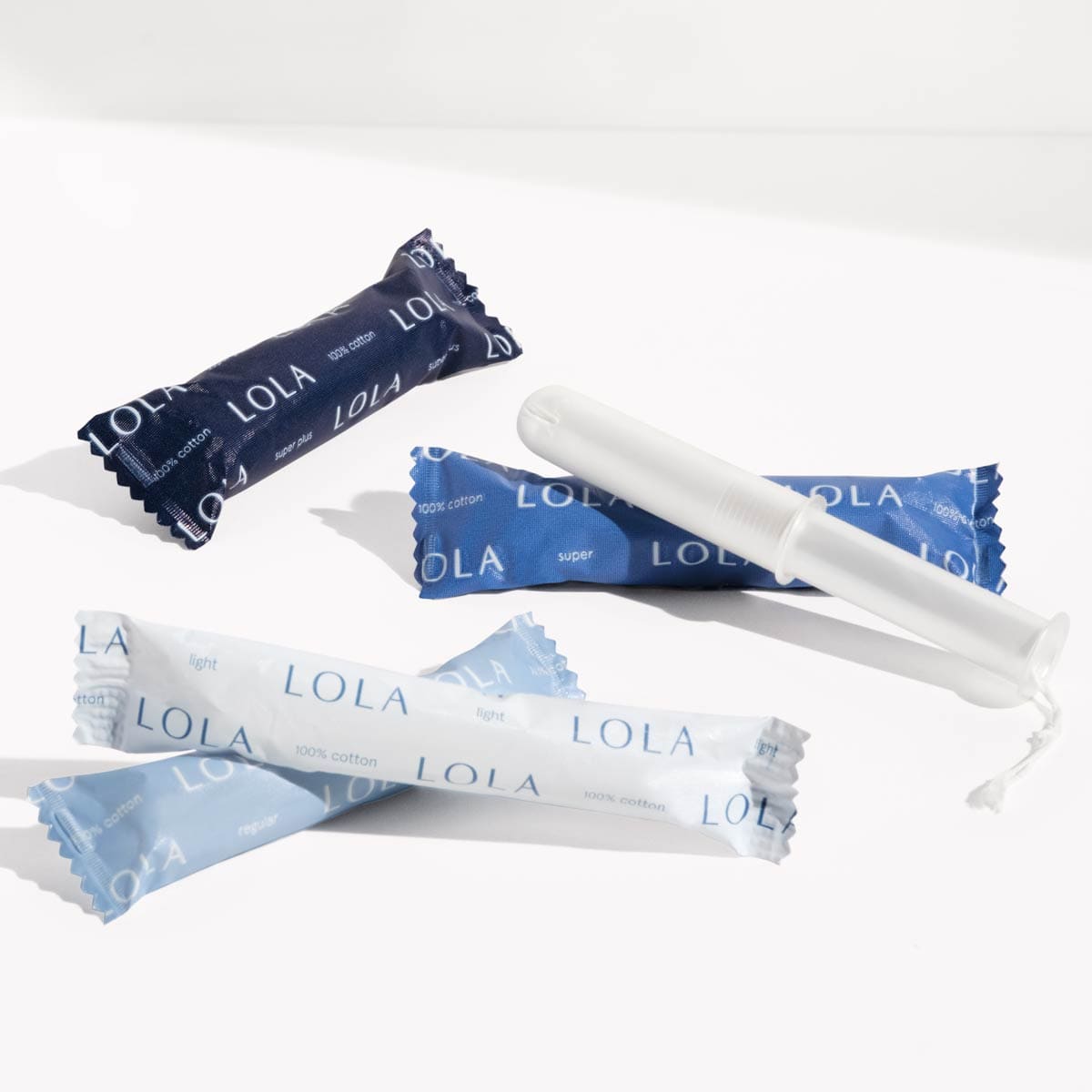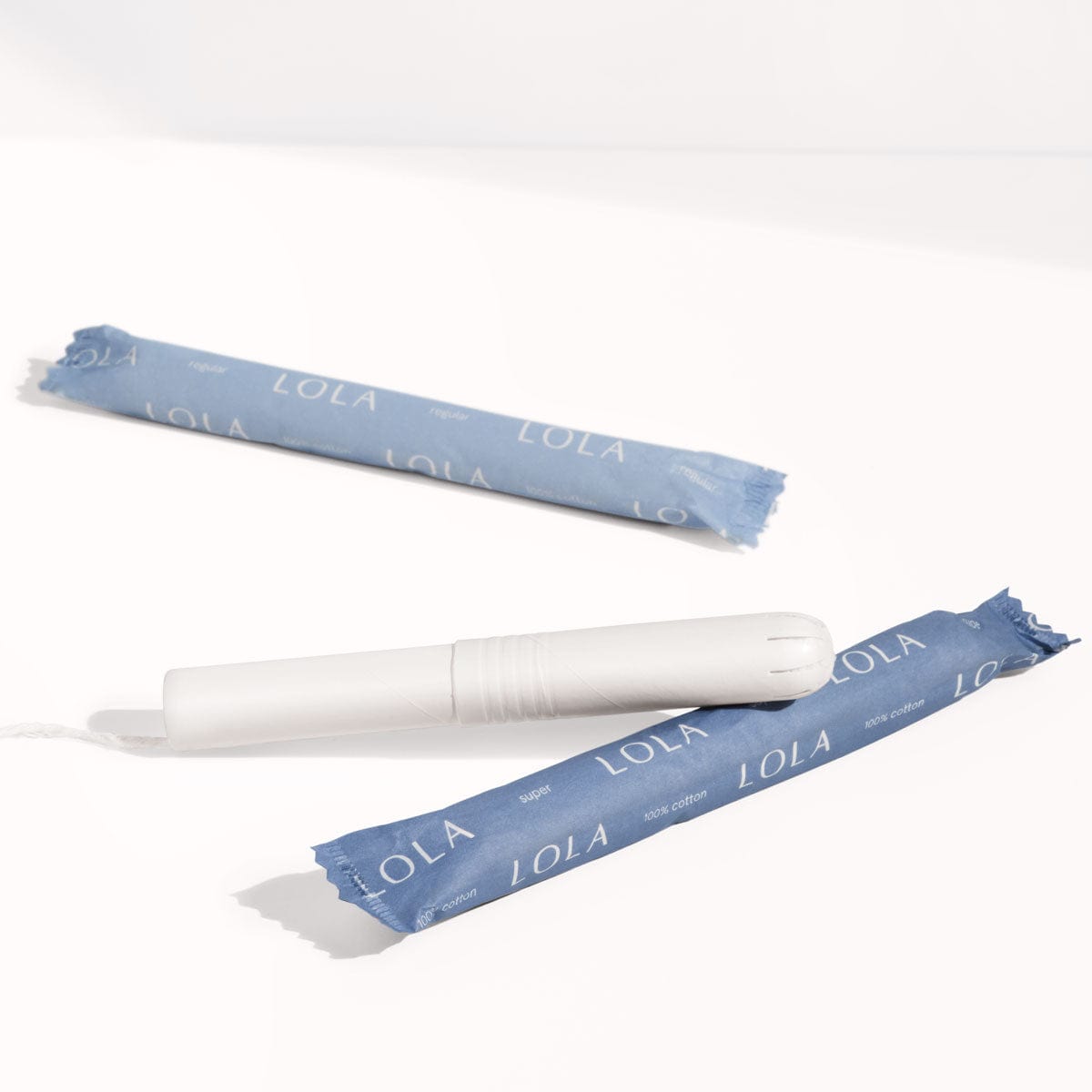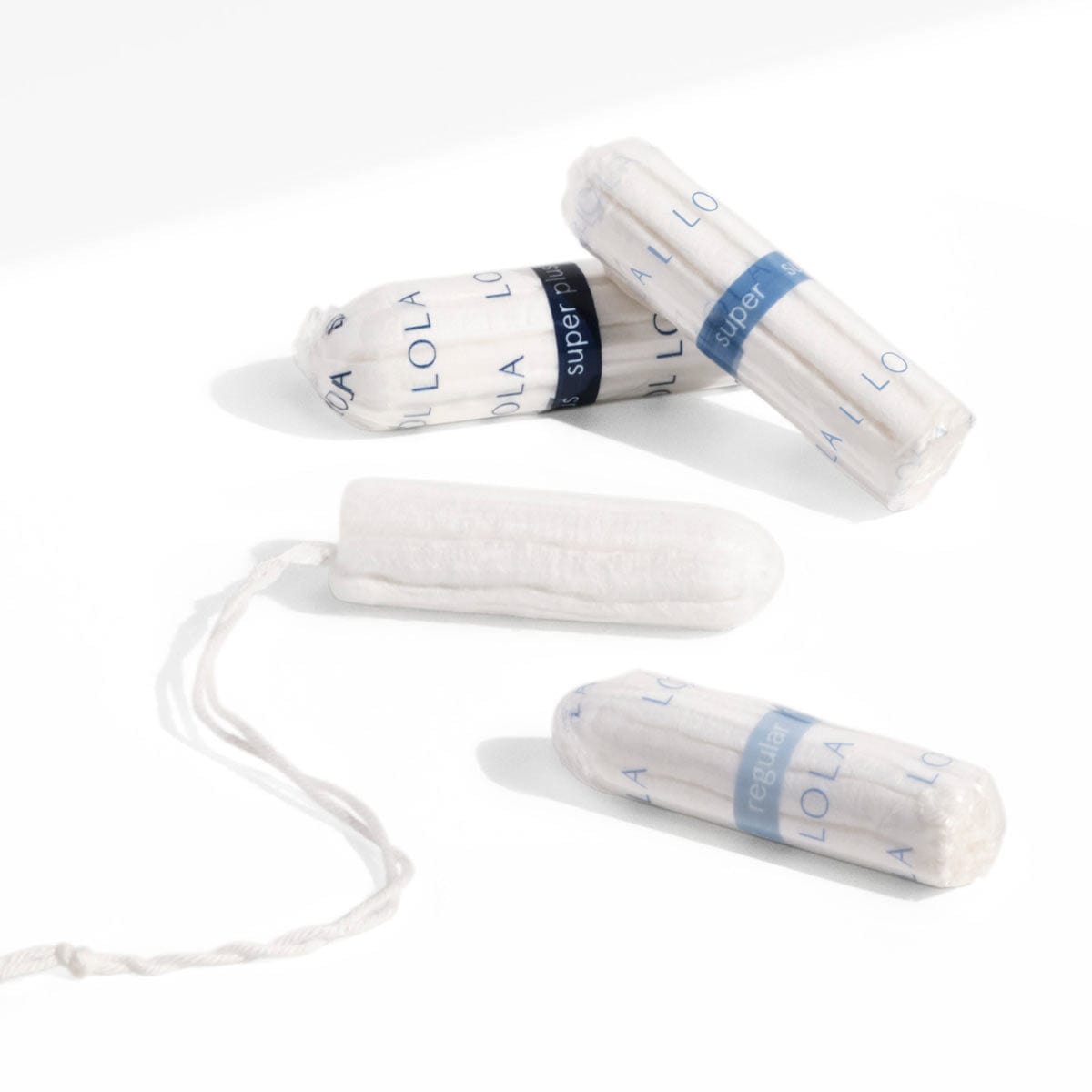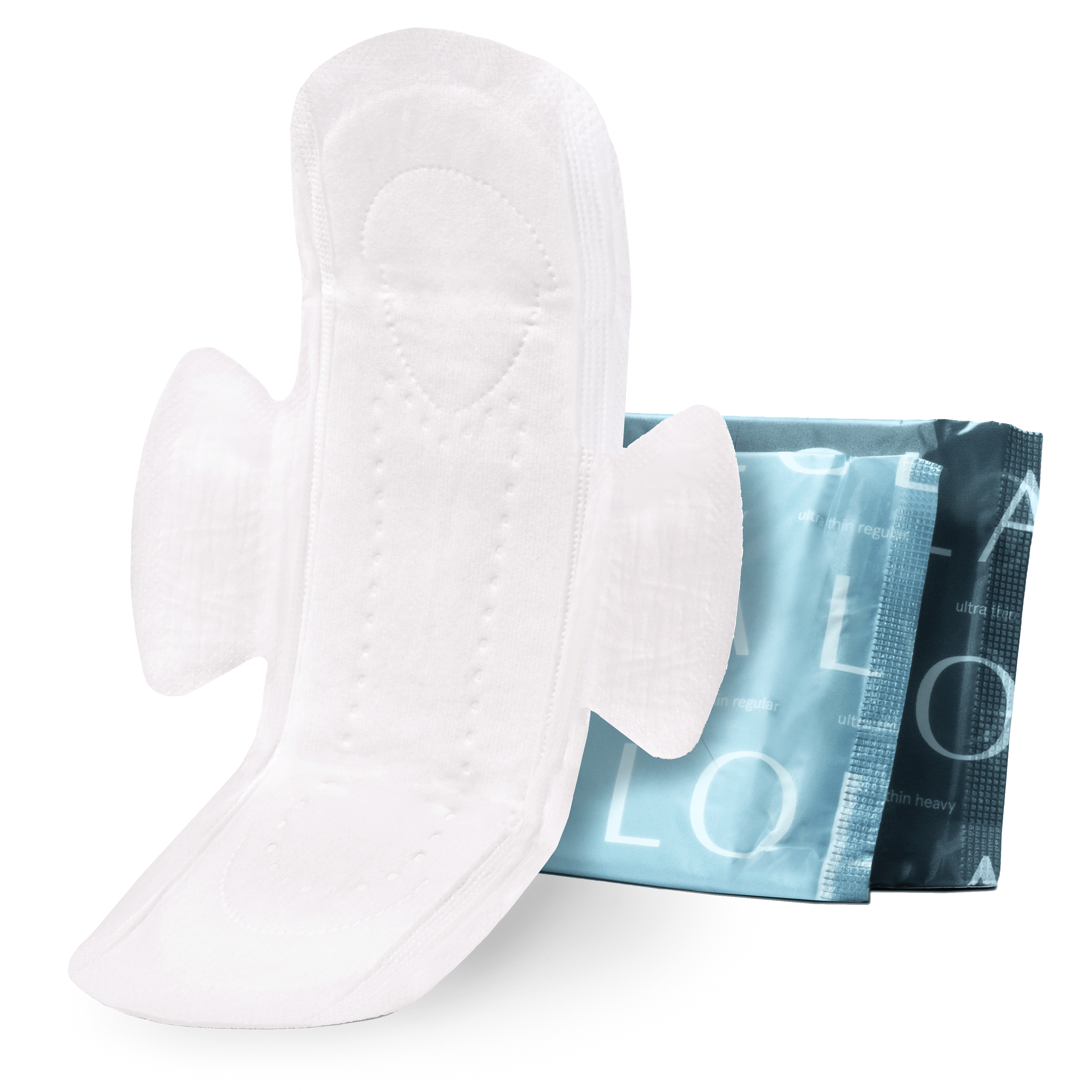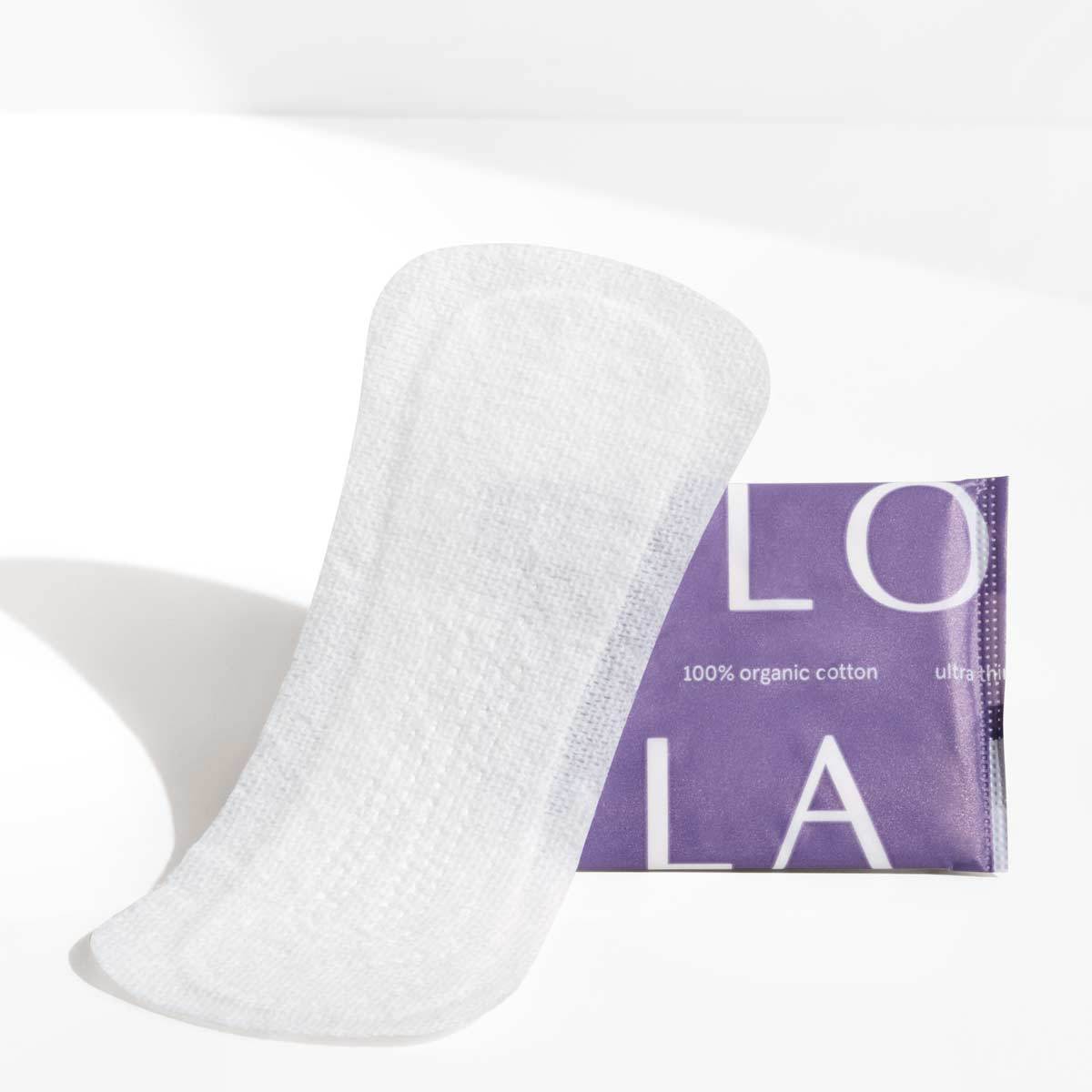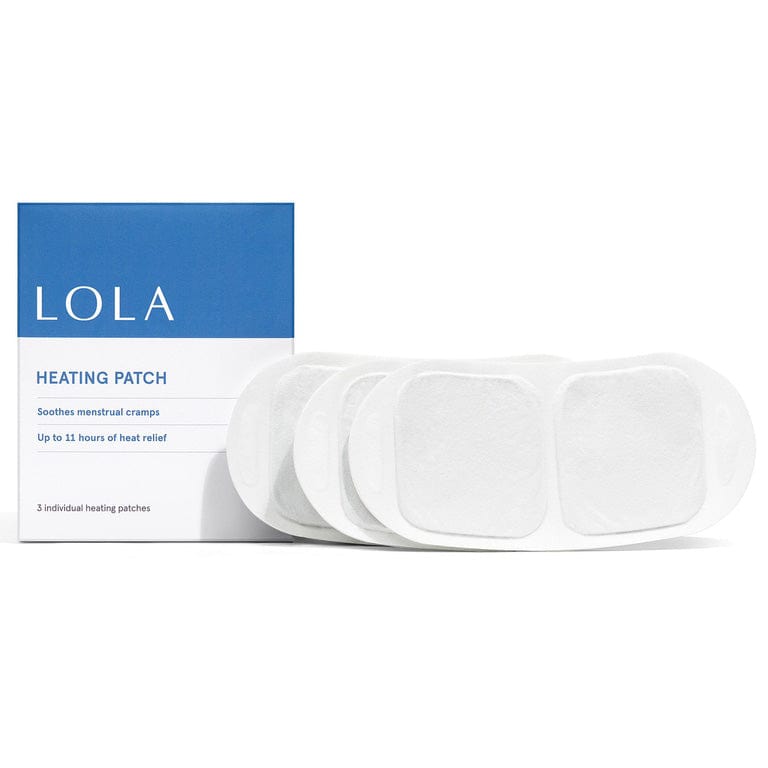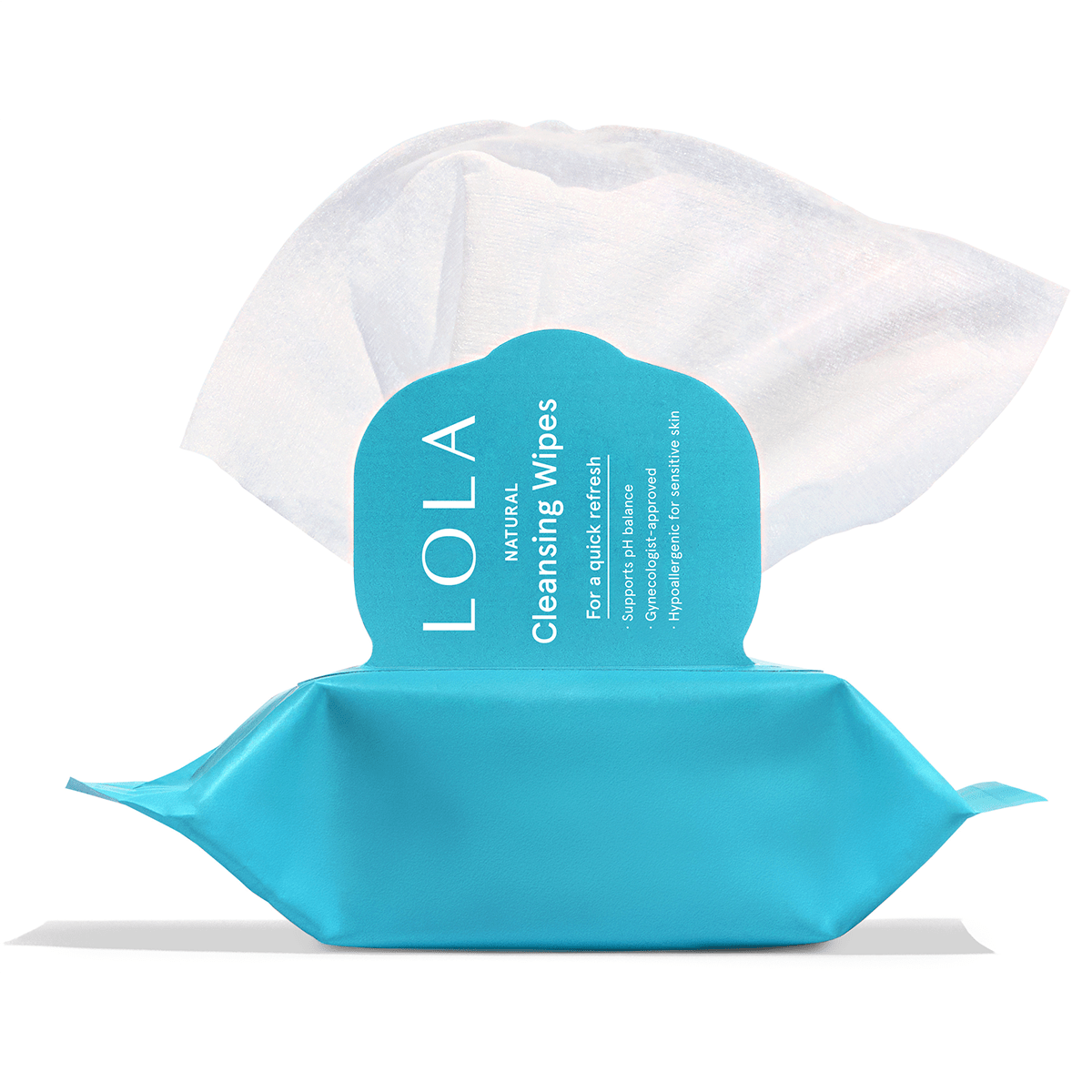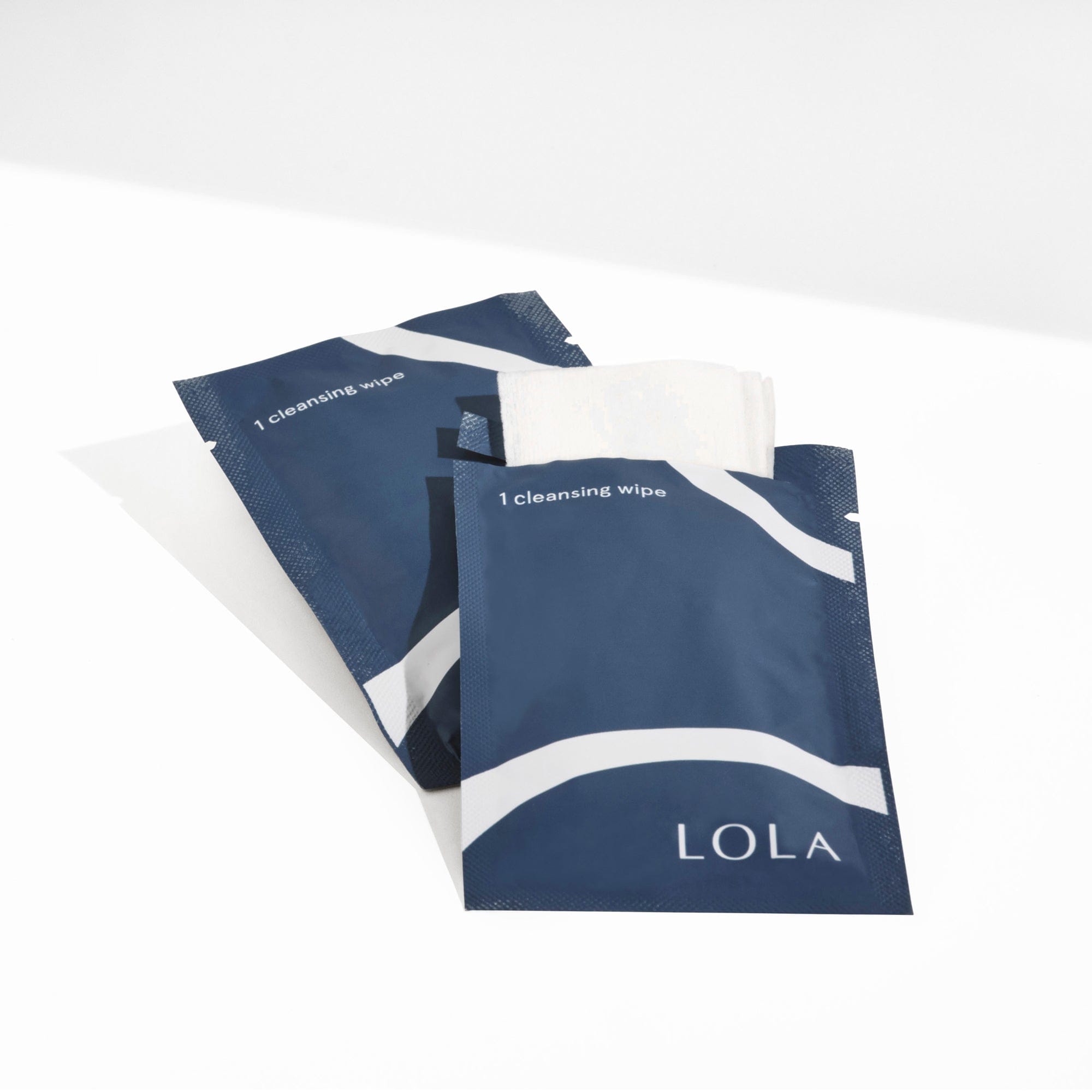More often than not, people hear the word gluten and immediately think of a food allergy. Gluten is the general name for the proteins found in wheat, rye, barley and triticale (a cross between wheat and rye). According to the Celiac Disease Foundation, gluten helps foods maintain its shape, acting as a glue that holds food together. Gluten can be found in many types of foods, even foods you might not expect. Furthermore, it can be found in non-food items, such as condoms. Yes, you read that correctly, gluten sensitivity and condoms have a direct correlation to your overall health, giving the practice of safe sex a whole new meaning.
Don’t panic and frantically Google search, “How do I have gluten-free sex?”—and just to be clear, we would never (ever) judge your search history. Gluten-free sex isn’t quite what we mean. Given most condoms are generally gluten free, you’re likely already taking necessary allergen precautions without even realizing it. But sometimes additives in condoms (like lubricants) can contain gluten and trigger an allergic response. So let’s get you informed on latex condoms’ gluten content and non-gluten condom ingredients.
Safe Sex 101 teaches us that condoms are proven to help reduce the risk of pregnancy and STIs, and we believe good, clean, safe love for all is possible with protection. But if the condoms in use are not gluten free, they could trigger a significant issue for individuals with gluten sensitivities or celiac disease.
In this article, we will explore the concerns around condoms that contain gluten, plus an overview of condom composition focusing on common ingredients and potential gluten sources.
Gluten Sensitivity
Gluten sensitivity is often recognized as less severe than celiac disease because people with gluten sensitivity do not test positive for celiac disease. The testing is often administered as a blood test and/or imaging to determine if there is damage to the small intestines. If testing shows positive markers, then that would signify celiac disease. It is important to note these distinctions, since a reaction to gluten allergens in condoms or even gluten in lubricants can vary person to person. If you have a gluten sensitivity or celiac disease, scouring product ingredient lists should expand past food items and encompass ingredients in non-food products like condoms.
Knowing that vaginal irritation after sex can easily be triggered due to how sensitive both the vagina and vulva are, with symptoms ranging from dryness to external irritants to infections, it is important to remain mindful of your sexual health and comfort–particularly if the irritation requires medical attention or treatment. “Women in the general population are diagnosed with celiac disease two to three times more often than men,” according to the non-profit Beyond Celiac, and furthermore, “Women have several specific symptoms of celiac disease. For example, unexplained infertility can sometimes be the only sign of undiagnosed celiac disease.”
Know that if you are gluten sensitive or are diagnosed with celiac disease, despite any trending theories aimed at dismantling credibility, your experiences and symptoms are real and worthy of medical attention.
Gluten-free content creator Iowa Girl Eats explains that the most difficult part of having celiac disease is the psychological and social impacts it’s had on her life. For many people, gluten-free is not a choice, it is a requirement to maintain satisfactory health and wellbeing. Seeking gluten-free products, from groceries to sexual wellness essentials, is a smart and efficient way to protect yourself holistically. Don’t exhaust yourself in time and energy shopping for bread, only to have this diligence undone by sleeping with someone using a condom that is not gluten-free.
Understanding Condom Ingredients
Condoms are made from different materials—most popularly, latex, nitrile, and lambskin. The good news is that generally, the latex rubber, synthetic rubber, or plastic in condoms does not contain gluten. It’s actually in the condom lubricant that gluten-containing grains can be found, which is why it is imperative to check the product label if you are concerned about a reaction. Lubricant helps make sex pleasurable and comfortable, and depending on the kind of sex you're having, just know that you’ve got options when it comes to personal lubricant and/or lubricant used on condoms.
Condoms are also often made with synthetic materials such as AT-10 resin and polyisoprene and often contain additional additives that can cause unexpected reactions in you and/or your partner.
The same way you might stop and question an ingredient list while grocery shopping is the way you should think about condom shopping.
According to VeryWellHealth, “If you are uncertain about which additives a condom may contain, start by reading the label and avoiding those that offer no information at all. If you are unsure about what an ingredient is (or what a non-specific term like "spermicide" or "pleasure-stimulating" actually means), pick up the phone and call the manufacturer.”
If you’re someone who uses flavored condoms for oral sex, there are favored gluten-free options that allow you to prevent allergic reactions and maintain safe and fun oral interactions.
Gluten Sensitivity and Sexual Health
Safe sex for gluten-intolerant individuals is easier than you think. We know that gluten sensitivity can impact sexual health and condom usage, but with the right precautions and lifestyle commitments, you can count on keeping sex enjoyable, and more importantly, safe. Firstly, if general irritation has you troubled, it could be because you are not opting for hypoallergenic condoms. Choose products designed to be gentle on the skin and free from harsh chemicals and fragrances to prevent the risk of irritants and allergies.
Next, step up your sex essentials shopping list and spring for gluten-free sexual health products. Look for ingredients like natural rubber latex and the highest quality lubricant. Avoid parabens, casein, glycerin, nitrosamines, gluten, and synthetic flavor to protect yourself from irritation.
Celiac disease and gluten sensitivities can have effects on your libido and sexual function. Making the conscious and informed switch to gluten-free condoms will allow you to progress toward a solid health foundation, reduced inflammation, and overall, a healthier sex life.
Feel empowered by knowing there's nothing weird or extra about taking steps to protect yourself, even in the heat of the moment. In fact, it can make the experience even better by taking charge of your sexual health and wellness.
How Are Condoms Regulated
Celiac disease and condom use go hand in hand (or hand on penis, or sex toy–actually, just use protection anytime, anyway, anywhere). So what does that have to do with regulation? Well, as far as gluten goes, not too much—directly. However, latex condoms are regulated by the US Food and Drug Administration (FDA) as medical devices, so that means that the FDA regulations govern latex condom manufacturing and testing in accordance with stringent national standards. Together, let’s exhale our relief. The FDA states that “the 510(k) clearance process involves a comprehensive review of safety and performance data for the device, which may include scientific, non-clinical, and clinical data, as appropriate, to determine if a new device is substantially equivalent to a device that is already on the market (that is, a predicate device).”
All brands must submit a premarket notification to FDA and receive 510(k) clearance (like we did!) before they are allowed to legally sell condoms in the US. This is because condoms are classified as a Class II medical device (like tampons) and are an FDA-approved method of contraception and STI protection. This means even our condoms have passed the same strict tests as the leading condom brands to prove their efficacy and safety according to FDA guidelines. When used properly as directed, our ultra thin lubricated condoms made with natural rubber latex are 98% effective, just like the big brands.
So if you can opt for gluten-free condom brands that are FDA 510(K) cleared, you’ll be doing yourself (and others) a solid when it comes to safety and sensitivity precautions.
Lifestyle Management
If you’ve been an avid reader of The Spot, you know we take pride in providing guidance on tough topics, but please know that our content should not be used as a substitute for medical advice from your doctor or other qualified clinician.
So what do you do now if you suspect you might have gluten sensitivity? The best next step would be to seek information from an allergist, dermatologist, gynecologist, or sexual health expert. Diagnostic testing most likely will be required, and you can prepare for an appointment or consultation by asking questions and finding out what you are comfortable with as you navigate through your health concerns.
Dr. Ahmadur Rahman, MD is an expert in allergy testing and treatment, effectively alleviating a wide-range of symptoms for patients throughout the greater New York City metro area. In his practice, he advises that, “Allergic reactions start in the immune system. The immune system’s purpose is to fight off harmful substances that can cause illness. An allergic reaction occurs when the immune system mistakes an otherwise benign substance, called an allergen, for a dangerous invader. In doing so, it produces antibodies leading to the release of certain chemicals that cause an allergic reaction, such as; sneezing, coughing or skin irritations. Allergies can also cause chronic conditions like sinusitis and asthma.”
So remember, your body is programmed to let you know when something is triggering a reaction after contact or ingestion of specific allergens.
Start your safe sexual wellness journey by using products from LOLA, the only sexual wellness line with products approved by gynecologists, including natural condoms, hypoallergenic lubricant, and more. Read more from real people who’ve been brave enough to bear it all on the internet after using gluten-free condoms.
Perfect for people with celiac!
“These condoms are fantastic! They smell great, don't mess up my pH, and feel better than Trojan or Skyn condoms. As an added bonus they're gluten-free, which makes these my absolute go-to as someone with celiac. 10/10 would highly recommend!”
Really great condoms!
“My partner and I really enjoy these condoms! I like knowing exactly what is in the condom we use, and Lola is very transparent about their ingredients. (Thank you for being vegan and gluten free!) We both like the way they feel and there is little to zero latex smell - which is important for us.”
Great Product
“My husband likes them and it has helped our sex life improve. I have a lot of allergies and sensitivities in general and thankfully have been able to use these without any issues.”
Shop non-toxic, gluten-free, lubricated condoms tested by real women, approved by gynecologists, and thoughtfully designed to offer premium protection.
FAQs
Is there gluten in latex?
Most condoms don't contain gluten, however condoms that contain lubricant might.
Why do condoms have gluten?
Gluten is commonly used as an emulsifier, stabilizer, and/or filler in personal care products.
